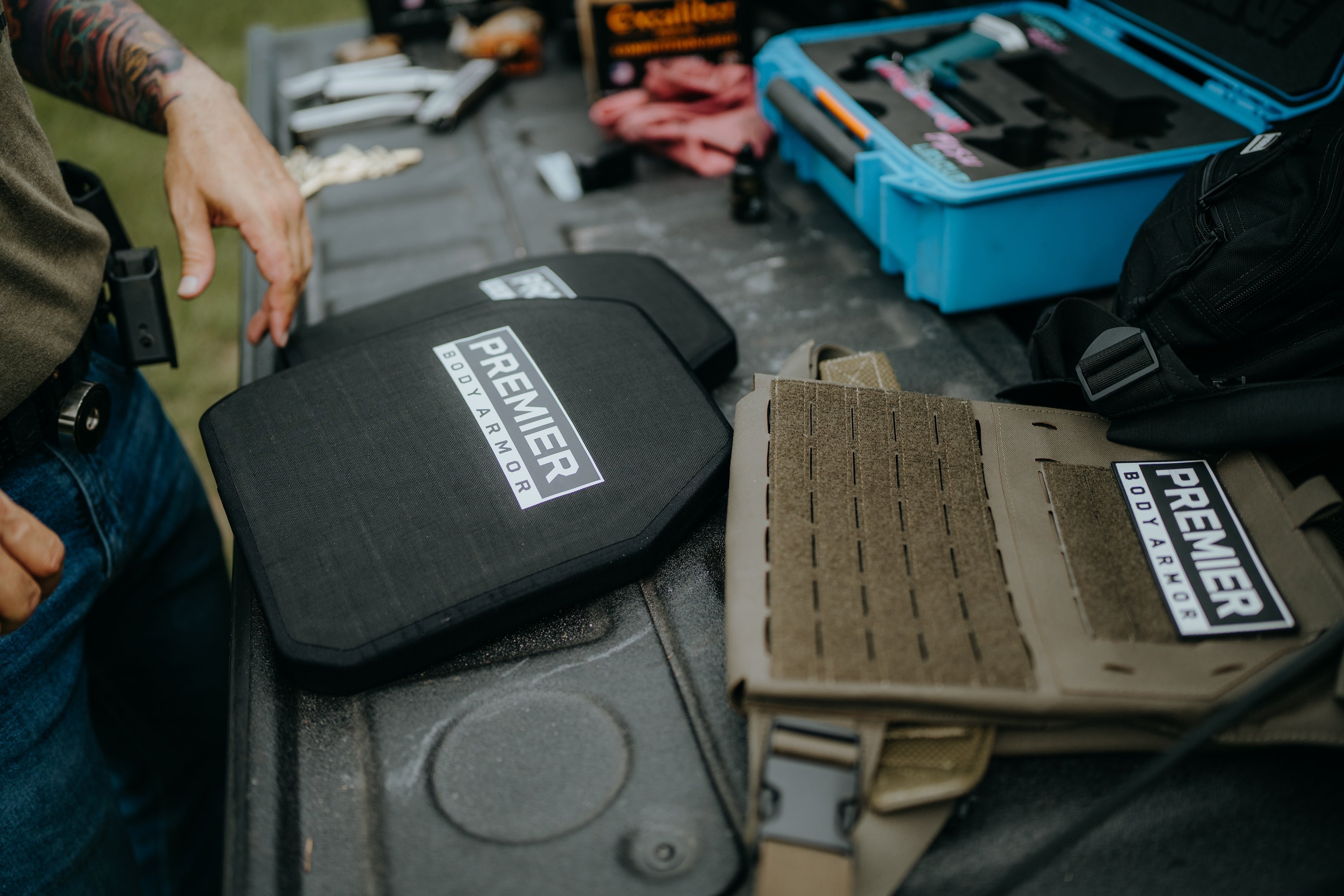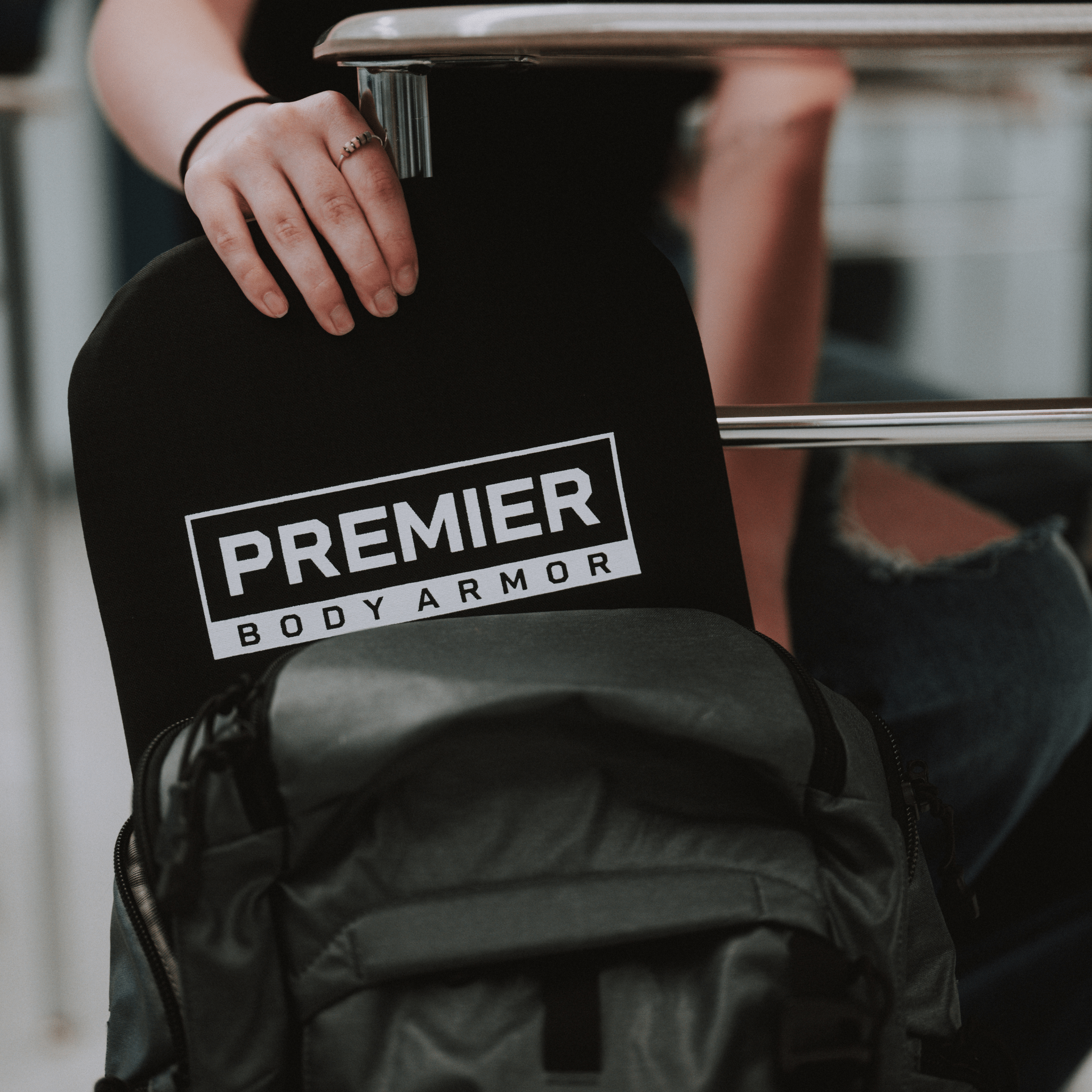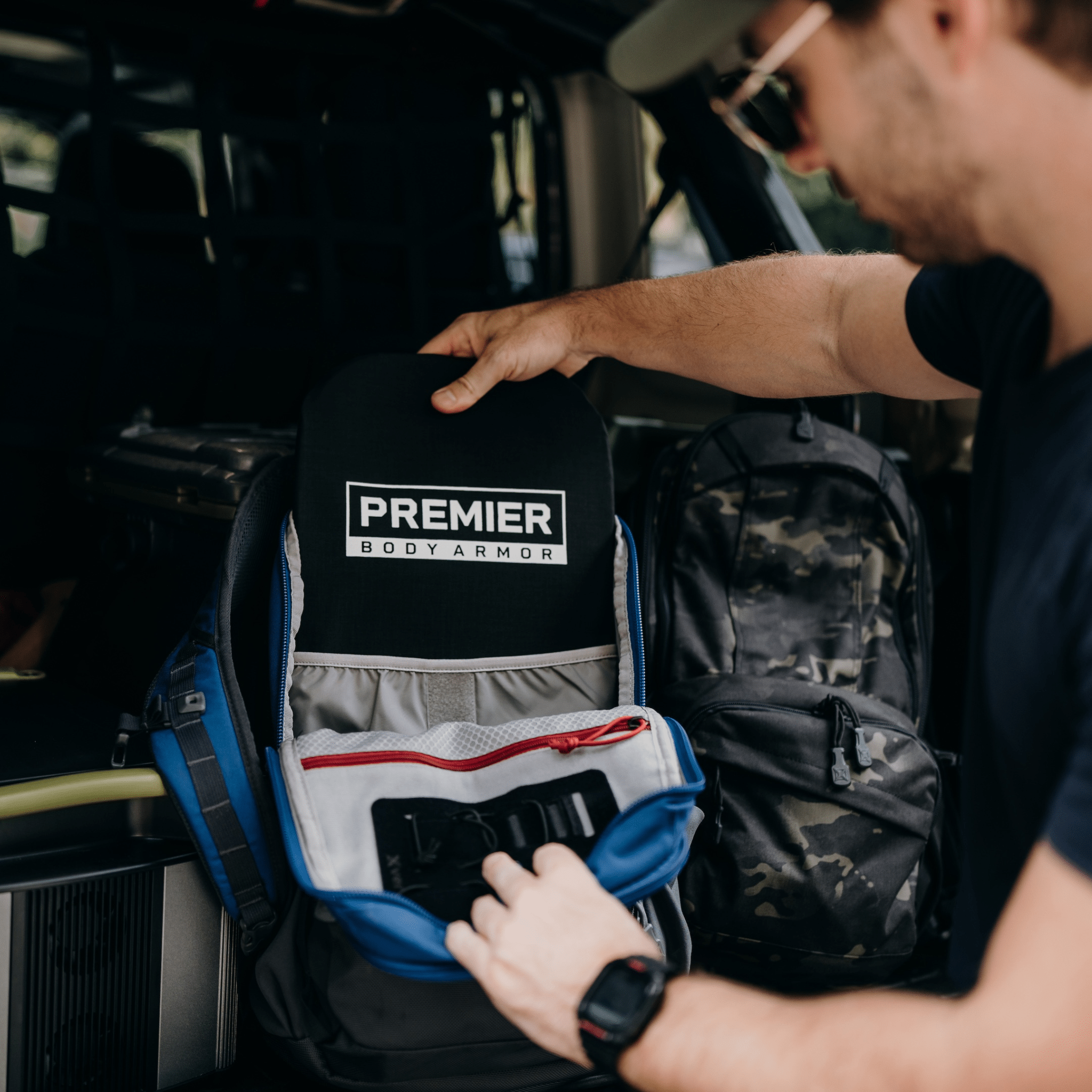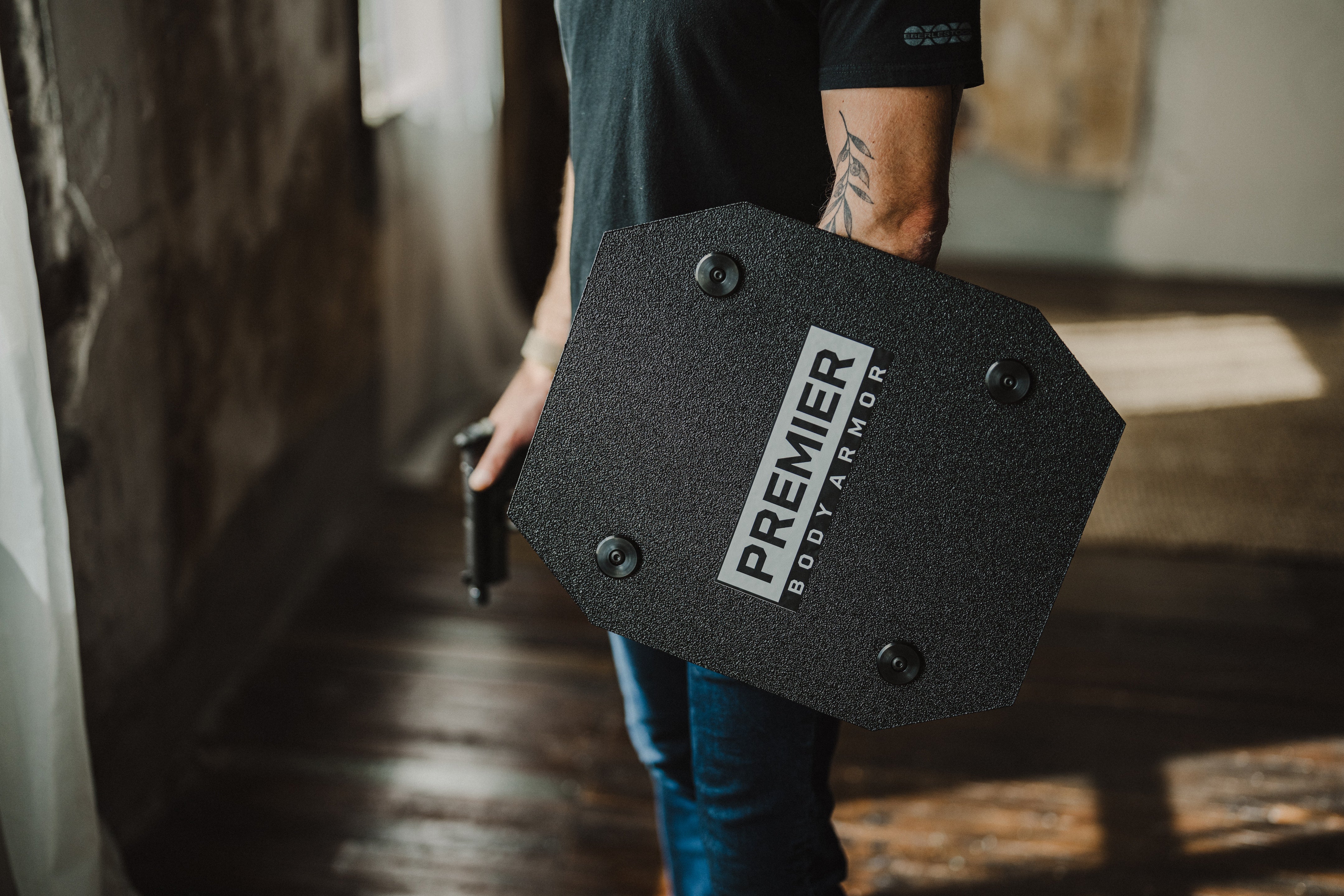Bump Helmets: Lightweight Protection for Tactical Operations
What is a bump helmet?
Bump helmets – sometimes known as tactical helmets – are specialized headgear designed to protect against blunt impact, debris, and low-velocity projectiles. They are ideal for tactical training, search and rescue missions, extreme sports, and other activities where head protection is crucial but ballistic threats are minimal.
Discover the construction, advantages, and limitations of tactical bump helmets in this complete guide. Whether you're an operator, a police officer, or just intrigued by protective gear, understanding the basics of helmets can be valuable.
Bump Helmet Basics: What are Bump Helmets Used For?
Unlike traditional combat helmets, bump helmets prioritize protection in scenarios where ballistic threats are less common. Their strength lies in environments prone to head injuries stemming from falls, collisions, or airborne debris.
What is a military bump helmet? In military contexts, a tactical bump helmet plays a crucial role in upgrading soldier safety during training exercises, non-combat missions, and peacekeeping operations. They offer reliable protection against expected hazards.
To dive deeper into the realm of military gear, explore our guide on the body armor employed by the military.
Understanding Bump Helmet Construction and Features
Tactical bump helmets are great for activities that demand reliable safety gear. Grasping the features of a tactical helmet can guide you in making an informed choice.
Crafted from high-impact resistant polymers, non-ballistic helmets boast durability without the added weight of ballistic helmets. Key features include ventilation systems for comfort, adjustable straps for a secure fit, and integrated rail systems for mounting accessories like cameras and lights. The interior padding provides superior protection with an ability to absorb shocks and impacts.
Two main styles of helmets are common: high cut and low cut. High cut helmets, which have less coverage around the ears, provide greater mobility and are more compatible with communication headsets or hearing protection.
Low cut helmets, on the other hand, offer additional coverage and protection around the ears, making them suitable for environments with higher impact risks.
For more insights on the different types of headgear, check out our guide on High Cut Vs. Low Cut Helmets.
The Main Advantages to Bump Helmets
Bump tactical helmets offer a wide array of advantages that make them a preferred choice for those not in combat situations.
Bump Helmets Offer Lightweight Protection
In contrast to traditional ballistic helmets, the best bump helmets are much lighter, which significantly reduces fatigue during prolonged use. While an average non-ballistic helmet weighs just between 1 to 1.5 pounds, bulletproof helmets typically weigh around 3 to 4 pounds. This difference often makes bump helmets a better choice for extended wear.
Bump Helmets Are Built with the User’s Comfort in Mind
Bump helmets are crafted with the wearer's comfort in mind. Central to this focus are high-quality materials such as foam padding, memory foam, and moisture-wicking fabrics for the helmet pads.
These materials not only provide cushioning and support but also help regulate temperature and moisture. The foam padding absorbs impact forces, while memory foam molds to the wearer's head for a personalized fit. Additionally, moisture-wicking fabrics draw sweat away from the skin
Bump Helmets Are Extremely Versatile
These helmets are compatible with various accessories, thanks to the integrated rail systems. With your bump helmet setup, you can easily attach night vision devices, communication gear, or cameras. In fact, with similar nvg mounts, padding system, and arc rails, you probably won't notice a visual difference between a ballistic helmet and non-ballistic helmet.
The Major Downside to Bump Helmets: They Aren’t Bulletproof
Are bump helmets bulletproof? No, one major drawback is their lack of bulletproof capability. Unlike ballistic helmets made to stop firearm projectiles, bump helmets focus on a lightweight construction.
While they protect against blunt force trauma, debris, and low-velocity impacts, they do not shield wearers from bullet penetration. Despite this limitation, bump helmets remain valuable for people in scenarios where ballistic threats are less of an issue.
Is a Bump Helmet the Right Tactical Helmet for Your Needs?
Deciding on the best tactical bump helmet depends on your specific needs and the activities you participate in. They are designed for non-ballistic protection, offering a lightweight and versatile option. But are bump helmets worth it?
For many users, the answer is an absolute yes. They provide protection against impacts and debris without the added weight of ballistic helmets. They are ideal for tactical training, search and rescue missions, extreme sports, and other activities where head protection is crucial but ballistic threats are minimal.
These helmets offer great protection for various tactical and non-combat scenarios. Their lightweight construction, comfort features, and versatility make them an ideal choice for professionals and enthusiasts alike. While they don't provide ballistic protection, their ability to safeguard against blunt impacts and debris means they remain a vital piece of gear for many.
Ready to enhance your tactical gear? Make sure to explore our selection of helmets and other gear to find the perfect fit for your needs.
Written by Andrew Schuler










Leave a comment